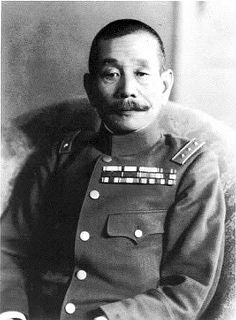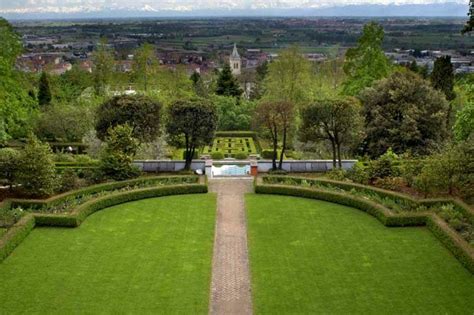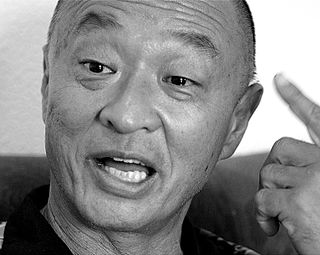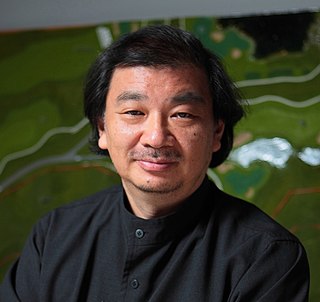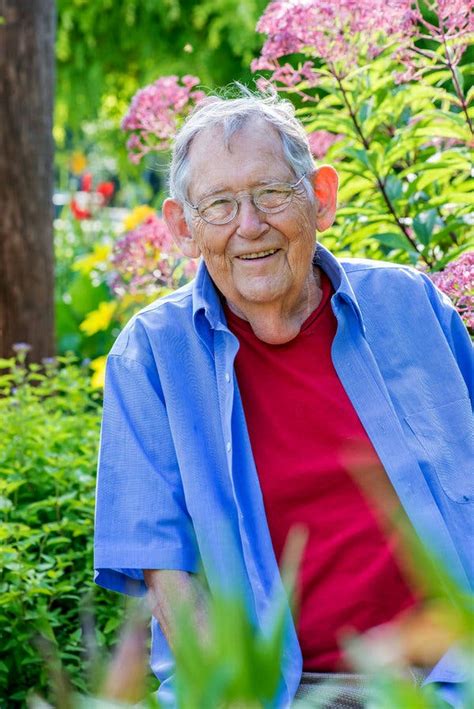Top 1200 Japanese Gardens Quotes & Sayings
Explore popular Japanese Gardens quotes.
Last updated on December 22, 2024.
The Japanese army is now prepared to use every means within its power to subdue its opponents. The objectives of the Japanese Expeditionary Forces are, as clearly set forth in statements issued by the Japanese Government, not only to protect the vested interests of Japan and the lives and property of the Japanese residents in the affected area, but also to scourge the Chinese Government and army who have een pursuing anti-foreign and anti-Japanese policies in collaboration with Communist influences.
Does the unmistakeable intent of Versailles to proclaim dominion over nature destroy its aesthetic appeal, as Schopenhauer thought? Does the greenness of the lawn lose its allure when we learn how much water, sorely needed elsewhere, it uses? And historical shifts in garden taste - from formal, 'French' gardens to 'Capability' Brown's landscapes, for instance, or from the elaborate gardens of imperial Kyoto to Zen 'dry' gardens - register important changes in philosophical or religious attitudes.
It is sobering to recall that though the Japanese relocation program, carried through at such incalculable cost in misery and tragedy, was justified on the ground that the Japanese were potentially disloyal, the record does not disclose a single case of Japanese disloyalty or sabotage during the whole war.
There are few gardens that can be left alone. A few years of neglect and only the skeleton of a garden can be traced. . . . Japanese artists working with a few stones and sand four hundred years ago achieved strangely lasting compositions. However there, too, but for the hands that have piously raked the white sand into patterns and controlled the spread of moss and lichens, little would remain.
Playing Japanese characters and being in environments that are Japanese, like a character's apartment or whatever, if you have directors or art directors who just don't know what' s what with Japanese culture, then pretty soon something's just passed through. I've been through many times where I've pointed out the incorrectness of so much of what's been done to a set.
They didn't incarcerate the Japanese-Americans in Hawaii. That's the place that was bombed. But the Japanese-American population was about 45 percent of the island of Hawaii. And if they extracted those Japanese-Americans, the economy would have collapsed. But on the mainland, we were thinly spread out up and down the West Coast.
Bad Gardens copy, good gardens create, great gardens transcend. What all great gardens have in common are their ability to pull the sensitive viewer out of him or herself and into the garden, so completely that the separate self-sense disappears entirely, and at least for a brief moment one is ushered into a nondual and timeless awareness. A great garden, in other words, is mystical no matter what its actual content.
We made our debut in Japan about few years ago and when we went on a morning show there to promote our album, I did a brief interview in Japanese using simple expressions such as "Yoroshiku onegaishimasu." But one of the members of our group said, "Stay quiet if you can't speak Japanese! It's embarrassing!" So that's when I told myself that I'd show how good I am by studying Japanese hard.
As well as Japanese animation, technology has a huge influence on Japanese society, and also Japanese novels. It's because before, people tended to think that ideology or religion were the things that actually changed people, but it's been proven that that's not the case. Technology has been proven to be the thing that's actually changing people. So in that sense, it's become a theme in Japanese culture.
Many Japanese families moved to Taiwan during the occupation. Then, when the war ended, they were forced to move back. And at the macro level, the Taiwanese had every reason to cheer when the Japanese left. The Japanese military could often be incredibly brutal. The Taiwanese lived as second-class citizens on their own land.
The Japanese garden is a very important tool in Japanese architectural design because, not only is a garden traditionally included in any house design, the garden itself also reflects a deeper set of cultural meanings and traditions. Whereas the English garden seeks to make only an aesthetic impression, the Japanese garden is both aesthetic and reflective. The most basic element of any Japanese garden design comes from the realization that every detail has a significant value.
The gardens I love best are those that are still affectionately tended by the people who own them and who made them - who planned and planted and replanned and replanted them, who dug in the dirt and moved hoses and watched the gardens change with the cycle of the seasons and over the passage of years.
As for the meaning of gardens, particular gardens may have, of course, all sorts of different meanings - emotive, historical, emblematic, religious, commemorative, and so on. But I think that good gardens all signify or exemplify an important truth about the relationship of culture and nature - their inseparability.
My favorite thing is landscaping. I love landscaping. And so what I'll do is, mostly I put language into search engines, and if I want to look, like, at tulip gardens, or, like, Georgian gardens, i love English gardens, how they're laid out. Japanese gardens, Asian gardens. So, I'm kind of a frustrated landscaper.
The greatest change we need to make is from consumption to production, even if on a small scale, in our own gardens. If only 10% of us do this, there is enough for everyone. Hence the futility of revolutionaries who have no gardens, who depend on the very system they attack, and who produce words and bullets, not food and shelter.


